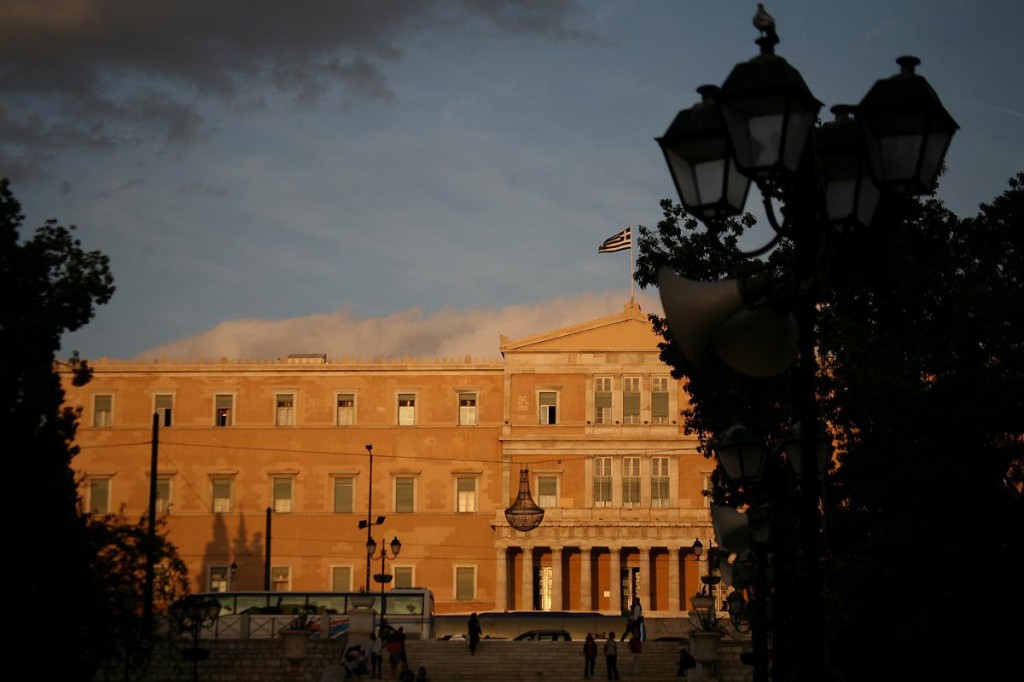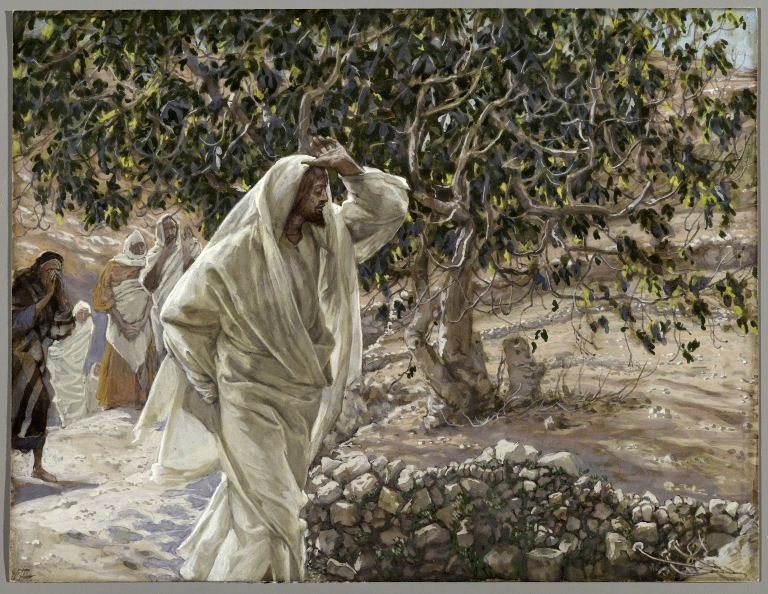Most people know J.R.R. Tolkien as an author of great fantasy novels. But his day job was as a philologist, which is someone who studies language. Early in his career he wrote entries for the Oxford English Dictionary, for the beginning of the letter ‘W’. His famous friendship with C. S. Lewis began because both were part of a club which studied Icelandic. Tolkien’s books were born out of his desire to create new languages. Tolkien realized that you can’t really have a language without stories, without the history behind the words. It has actually been tried, the cold sterile, fake Esperanto was to be the end-all language bridging the gap for all peoples. After over one hundred years it has, possibly, 2000 native speakers. While the Lord of the Rings, has sold over 130 million copies in half the time. And we all know people who tried to speak elvish, even though it’s not even close to a complete language. I say Tolkien is vindicated, without the story, the words don’t mean much.
One of my most visited sites is etymonline.com and I have number of dictionaries on my shelf from different centuries. Because, it is so fun looking back at how words have been used and where they came from. If I were part of Christendom, no doubt I would know Latin which could connect me to the Christian literary tradition, as well as the roots and basis of English. Even without this we, in our short little lives have taken on and passed down much history in the language itself. We have words in our households which mean something only to our family. The same goes for our professions, or individual places of work. We don’t use the same words today that we used a decade ago, it’s super.
But today we are trying to create a whole generation without any history. History is hardly even taught anymore in most schools. Instead you have ‘Social Studies’ which is little more than political correctness on steroids. Most colleges don’t require much history to graduate, and the classes that do exists are litanies of why your parents, and all Christians, and most of Western Civilization are all evil, white, male, patriarchy, bigoted, racist, sexist, homophobes. Which isn’t history at all, it’s merely reiterating that the programming you have received, is better than knowing anything about the past. And may people don’t even think this is a problem, “history isn’t practical” “How am I ever going to use((. What an evil word. Is the world merely here for us to manipulate to our desires? No, there is a God in heaven and we are evil sinners, in need of constant reformation to be in keeping with his character.)) history in the ‘real’ world?” and on and on. Instead we emphasize ‘technology’, whatever that is, and how ours is so much better than say what, the old fogies who still pay our phone bills, use to have. We are a few generations into this rebellion now, counter-counter-counter-culture. And at this point there isn’t much left to rebel against. These millennials are just like that made up language adrift with no connection to history.
When you live in a world without history, all you have is yourself. You don’t realize that you are part of something bigger than you. Even the very words you used were the process of thousands of years of language developing, of stories laid out. People living and dying, communicating to one another day after day. All you know is yourself, and your desires and wants. Which is exactly the world we have constructed around our children these days. We lament how we didn’t have a child hood and so we want to ‘let them be a kid’. Instead of realizing that the point of raising a child is to turn them into an adult. But we don’t do that, we perpetuate childhood indefinitely, “isn’t cute”. I don’t think it is, did you see Occupy Wall Street? But many parents maintain this bubble. Each year it’s a new grade at school, new stuff, books simplified just for them, movies dumbed down just for them, music which is less and less complicated. Educational institutions today even brag about being ‘child centered’. Children are never forced to be a small fish in a big pond, instead they are single goldfish, in a mirrored bowl.
We even do the same thing in Churches. We have special little bubbles for the young people called “Youth Group”, at my church we even have youth group for college students. It’s a wonderful world where everything is catered just to them, authority structures are toned down and the old people who do show their faces, have passed the ‘cool’ test. They never attempt to reach up to a higher standard, to the adult. Though most people throughout history would have considered these people ready to take a trade, marry and start a family. Oh sorry I mentioned the ‘h’ word, we can’t have that.
The problem with creating a generation completely unconnected to history, is that at some point there is going to be a war between the historical group and the group worshipping itself. It’s so amazingly stupid to create children who are unlike yourselves. Despite all the multiculturalism, the reality is that people don’t like living with people who are unlike them. Quite simply it causes conflict. There is conflict between old and young even in a culture that teaches history. You see repeated exhortations and examples in the Bible. The tendency of the young is to think they are better than the old, and the tendency of the old is to be stuck in the way they have always done things. The paradox like most paradoxes works by maintaining the tension. It’s a give and take. This might be the first generation where the old people agree that the young are better because someone in China can make them an iPhone. Why would you want to make this divide even worse? It’s pure insanity.
The study of history, like most worthwhile subjects, is an exercise of the imagination. To really understand a time and place that is not your own, you have to imagine well. Anything that gets you outside yourself is a good thing. But imagining why your parents might be right is essential. Just like language is dependent on stories, you are dependent on your history. Just like Back to the Future, if they don’t meet and kiss at the dance, you might find yourself, erased from existence. Or even worse, you find yourself fighting all of Western Civilization, to preserve your selfishness.





